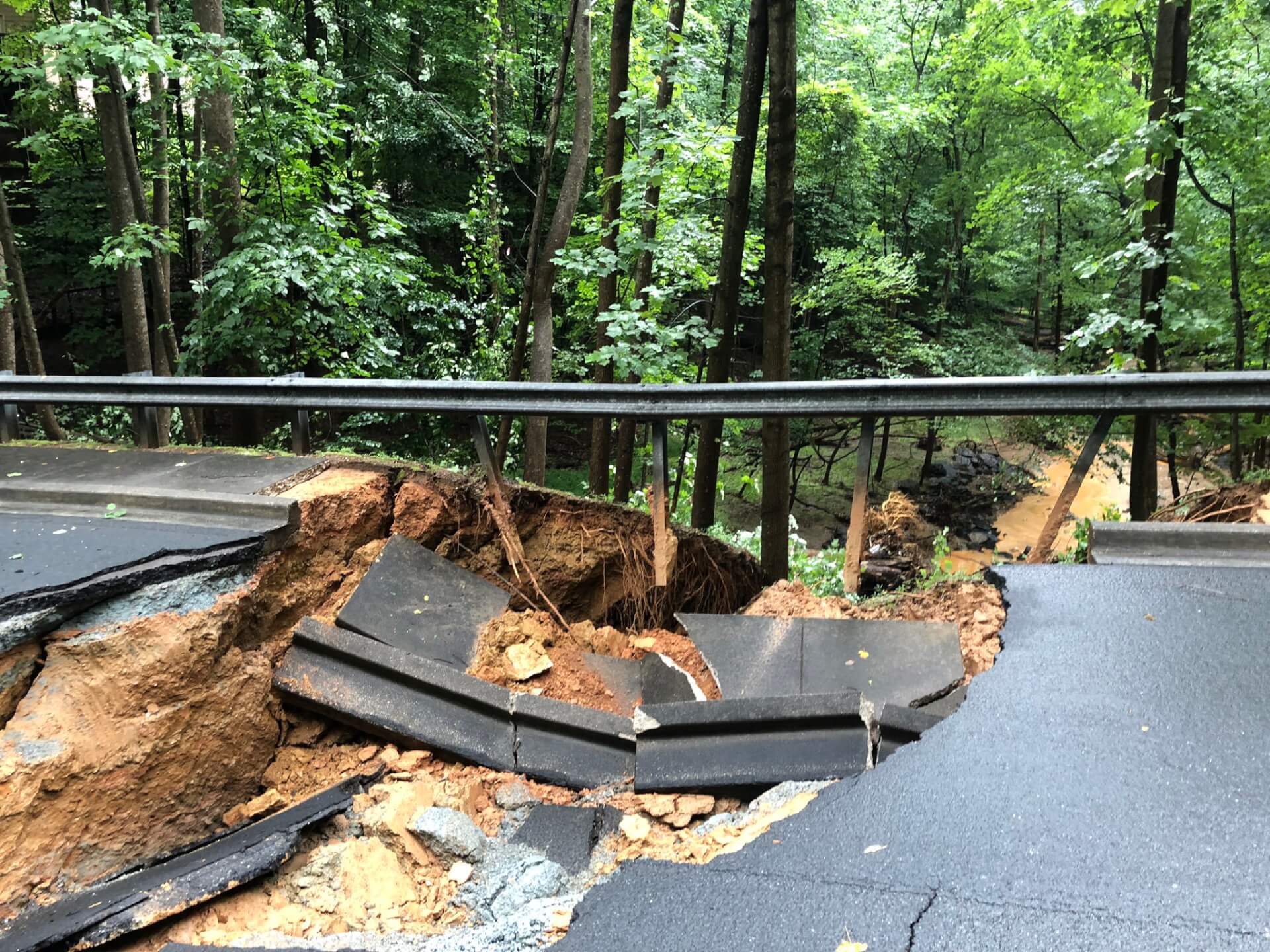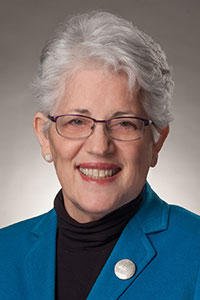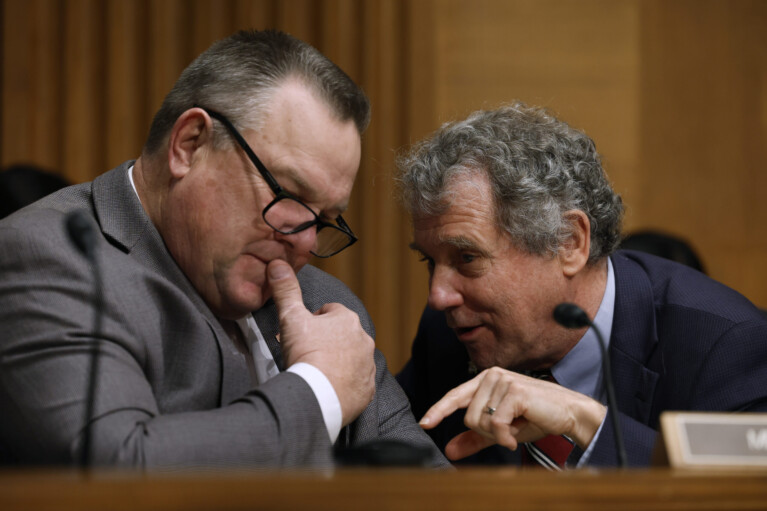Kopp: State May Look Into Divesting From Fossil Fuels

On a day that brought another intense rain storm, with her audience’s cell phones buzzing with emergency warnings about damaging flooding in the region, the head of the Maryland State Retirement and Pension System suggested that the state is inching closer to divesting from fossil fuel companies.
State Treasurer Nancy K. Kopp (D) on Monday emphasized that the state is not rushing headlong into divestment – said she and other Maryland fiscal leaders must balance their fiduciary responsibilities with their desire to limit Maryland investments in fossil fuels. But she said conversations are starting to take place about whether and how state government can scale back its investments in oil, gas and coal.
“We’re trying to figure it out,” Kopp told a breakfast meeting of the District 18 Democratic Club in Silver Spring.
Kopp said she did not know off-hand how much the state invests in fossil fuels – either directly or through investments in index funds that plow their money into traditional energy companies. But she said she and her colleagues are beginning to discuss “alternative equity management” with the state’s financial advisers and the index funds where Maryland government places many of its investments.
“I don’t think we’re going to want to go back into [investing in] coal,” she said.
Kopp, who called herself “deeply, personally concerned about climate change,” said she increasingly finds herself dealing with the warming planet in her job – whether it’s discussing the state’s investment portfolio, voting on climate mitigation measures across the state, or considering contracts for major highway projects.
Kopp said Monday she remains a skeptic of Gov. Lawrence J. Hogan Jr.’s proposal to widen Interstates 270 and 495, reiterating her complaints from last month’s Board of Public Works meeting that the Maryland Department of Transportation hasn’t offered enough information about the costs, financial risks and climate impact of the massive public-private project – or about possible alternatives.

State Treasurer Nancy K. Kopp
The Board of Public Works, the unique government entity that doles out state major contracts, consisting of the governor, treasurer and state comptroller, voted 2-1 in June to push forward with early development of Hogan’s highway plan; Comptroller Peter V.R. Franchot (D) sided with the governor, his close ally.
“I am not entirely positive what the outcome of the meeting to do something about 270 and 495 was,” Kopp told the political club members.
Investment strategy
Kopp was integral in helping pass legislation in 2018 that requires the state pension board to consider climate factors among its investment risks and its ability to move financial markets and the world economy. The Maryland State Retirement and Pension System must now issue an annual report summarizing its findings.
Del. Marc Korman (D-Montgomery), the House sponsor of 2018’s Maryland Pension Risk Mitigation Act, applauded Kopp’s for exploring the possibility of divestment.
“It’s great that it’s still part of the conversation,” he said. “We should be taking the lead on this.”
Hundreds of cities, universities, corporations, religious organizations, public institutions and nonprofits around the world have divested from fossil fuels, according to the environmental group 350.org. In the U.S., liberal cities like Berkeley, Calif., Madison, Wis., Ann Arbor, Mich., Eugene, Ore., and Oakland, Calif., are among those that have fully divested.
The New York City Employee Retirement System took steps to fully divest its portfolio from fossil fuels last year. The California Public Employees’ Retirement System and the California State Teachers’ Retirement System do not invest in coal.
The groups that are pushing fossil fuel divestment are also urging governments, corporations and major institutions to plow some of their money into alternative energy. That’s something Kopp said her office is also looking into.
“There’s money to be made in the green economy,” she said.




 Creative Commons Attribution
Creative Commons Attribution